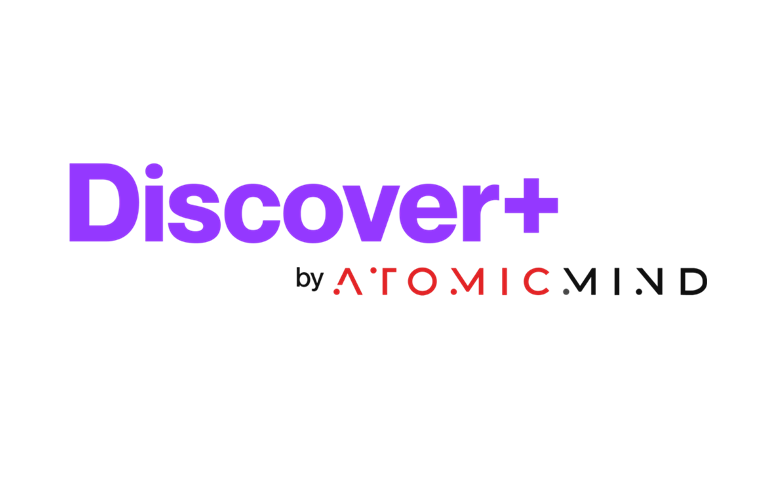
Phillips Exeter Academy
By
AtomicMind Staff
September 5, 2025
•
2
min read
Share this Article
Simply highlight text to share on social or email
What Makes Exeter Unique and How It Shapes Students for College and Beyond
Founded in 1781 with the now-famous mission to unite “youth from every quarter,” Phillips Exeter Academy stands as one of the most rigorous and intellectually vibrant boarding schools in the world. With its iconic Harkness table at the center of every classroom and a commitment to need-blind admissions, Exeter’s philosophy is simple: students learn best through discussion, not lecture. They rise by listening as much as by speaking and they grow not just in knowledge, but in character.
Located in the small town of Exeter, New Hampshire, this coeducational boarding and day school serves approximately 1,100 students from grades 9 through 12, including a select group of postgraduates. Exeter is synonymous with academic excellence and integrity and it’s not just about getting into top colleges (though Exeter students do). It’s about preparing students to lead meaningful lives through habits of critical thought, empathy, and collaboration.
Campus & Community
Set on a 700-acre campus that blends Georgian brick with bold modern architecture, Exeter offers a deeply immersive residential experience. Nearly 80% of students board, and the vast majority of faculty live on campus, creating a dynamic and supportive learning community that extends far beyond the classroom.
Students live in one of over 25 dorms, each with its own traditions and character. Dorm life at Exeter is about more than housing—it’s a built-in mentorship system where students form lasting bonds with faculty and peers, supported by dorm advisors, proctors, and senior mentors.
The campus is home to the largest secondary school library in the world—designed by architect Louis Kahn—as well as a LEED-certified athletics complex, cutting-edge science and design labs, and a recently renovated performing arts center. Whether in a seminar room, a crew boat, or a student-run newspaper office, Exeter students find spaces that invite ownership, independence, and voice.
Key Facts and Figures
- Total enrollment: ~1,100 students in grades 9–12 and postgraduate
- Student-to-faculty ratio: Approximately 6:1
- Average class size: 12 students
- Boarding/day split: 80% boarding / 20% day
- Over 57% of students identify as students of color
- Over 30 U.S. states and 40+ countries represented
- Need-blind admissions and 45% of students receive financial aid
Academics & the Harkness Method
Exeter is best known for its Harkness method, a pedagogy that places students and teachers around an oval table with the shared goal of learning through dialogue. There are no lectures. Teachers act as facilitators, and students learn to lead discussions, listen critically, and build arguments grounded in evidence.
This method isn’t reserved for English or history—it’s used in all disciplines, including math and science, where students work together to uncover solutions, challenge assumptions, and deepen conceptual understanding. It’s a model that prepares students for college seminars and real-world collaboration alike.
The curriculum is vast, offering over 450 courses across 18 departments. Students can choose from advanced classes in everything from neurobiology to postcolonial literature to ethics in artificial intelligence. There are no AP courses, but Exeter believes its own advanced courses go well beyond those frameworks since their students regularly outperform national averages on standardized tests and are well-prepared for college-level work.
Students often stay at Exeter for all four years, but the school also welcomes a limited number of postgraduates (PGs) each year for students who have completed high school elsewhere and are seeking an extra year of academic and personal growth before college.
College Counseling
The college counseling office at Exeter is deeply individualized. Students are paired with a counselor midway through their junior year and meet frequently for one-on-one guidance. Because most Exeter students are applying to selective universities, counselors help them reflect on fit, navigate nuanced application strategies, and tell their stories with authenticity and precision.
Counselors also work closely with faculty and advisors to ensure students stay on track throughout the application process. And while college is certainly a focal point, Exeter views it as a continuation, not the culmination, of a student’s intellectual journey.
Extracurricular Life
There is no such thing as a “typical” Exeter student. Some are varsity athletes, others are budding playwrights. Many are both. The school offers over 90 student-run clubs and organizations, ranging from Model UN and climate activism to robotics and a cappella groups. The Exonian, Exeter’s student newspaper, is the oldest continuously published high school paper in the country.
Athletics are a major part of life on campus, with over 60 interscholastic teams in 19 sports. Whether students compete at the varsity level or join recreational leagues, Exeter encourages healthy competition, resilience, and balance.
The performing and visual arts are equally robust. Students can act in full-scale productions, write original music, or exhibit their work in campus galleries. And because Exeter believes that art should be both personal and communal, students are encouraged to connect their creative work to broader social and ethical questions.
Financial Aid & Tuition
Phillips Exeter is one of the few high schools in the world with a need-blind admissions policy. Families apply for aid separately from admission, and financial need plays no role in the admission decision.
Tuition for 2025–26 is approximately $69,500 for boarding students and $54,000 for day students. However, nearly half of the student body receives financial aid. Families earning under $125,000 typically pay no tuition, and those above that threshold may still receive significant grants. Exeter also provides aid for books, travel, and other associated costs, ensuring full access to the Exeter experience.
The school’s $1.7 billion endowment—the largest of any secondary school in the world—helps support this unparalleled commitment to equity and access.
Admissions & Selectivity
Admission to Exeter is competitive, with an acceptance rate between 14–18% in recent years. The application process is holistic, seeking students who are not only academically prepared but who will contribute meaningfully to the Exeter community.
Prospective students apply through Gateway to Prep Schools and must submit transcripts, teacher recommendations, test scores (SSAT or ISEE), and a student and parent statement. Interviews are required and can be conducted in person or virtually. Exeter places significant weight on the interview as a way to get to know the student beyond the numbers.
Deadlines:
- January 15: Application deadline
- January 31: Financial aid deadline
- March 10: Admission decisions released
Exeter is particularly interested in students who love learning, embrace discussion, and are eager to live in a close-knit, academically driven community.
Key Takeaways for Parents & Students
- Academic depth with dialogue at the core: The Harkness method prepares students for the demands of college and the real world by centering voice, analysis, and collaboration.
- A diverse and mission-driven student body: With students from every background and over 45% receiving aid, Exeter lives its mission of equity and access.
- Unparalleled resources: From its endowment to its library to its course catalog, Exeter offers breadth, depth, and opportunity on every level.
- Community-centered living: Boarding life is not just convenient—it’s transformative. Dorms function as families, faculty act as mentors, and traditions tie generations together.
Is Exeter a Good Fit?
Choose Exeter if your child is intellectually curious, unafraid of challenge, and energized by conversation. This is a school for learners who want to ask the big questions, wrestle with complexity, and grow not only as students but as citizens. It’s not just about where Exeter students go next—it’s about how they think when they get there.
At AtomicMind, we partner with families to shape authentically nuanced applications to top-tier schools like Exeter. From strategy to storytelling, we help highlight your student’s strengths—balanced with confidence and clarity.

Share this Article



